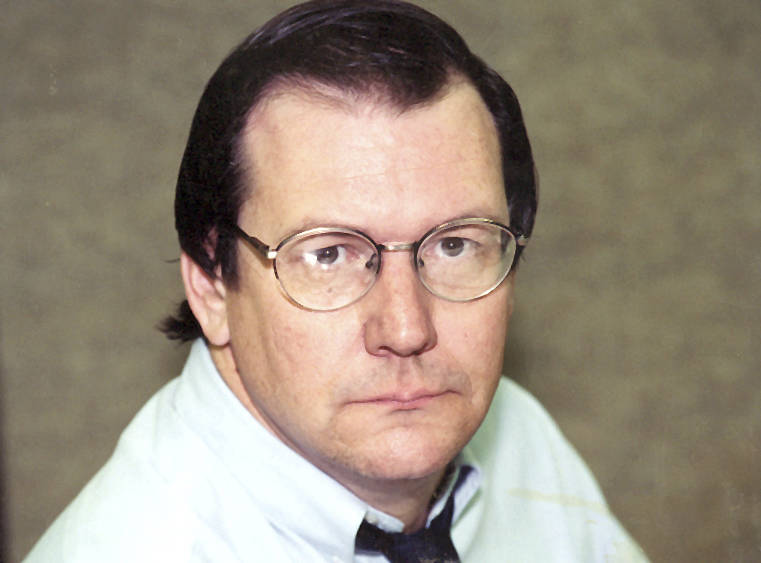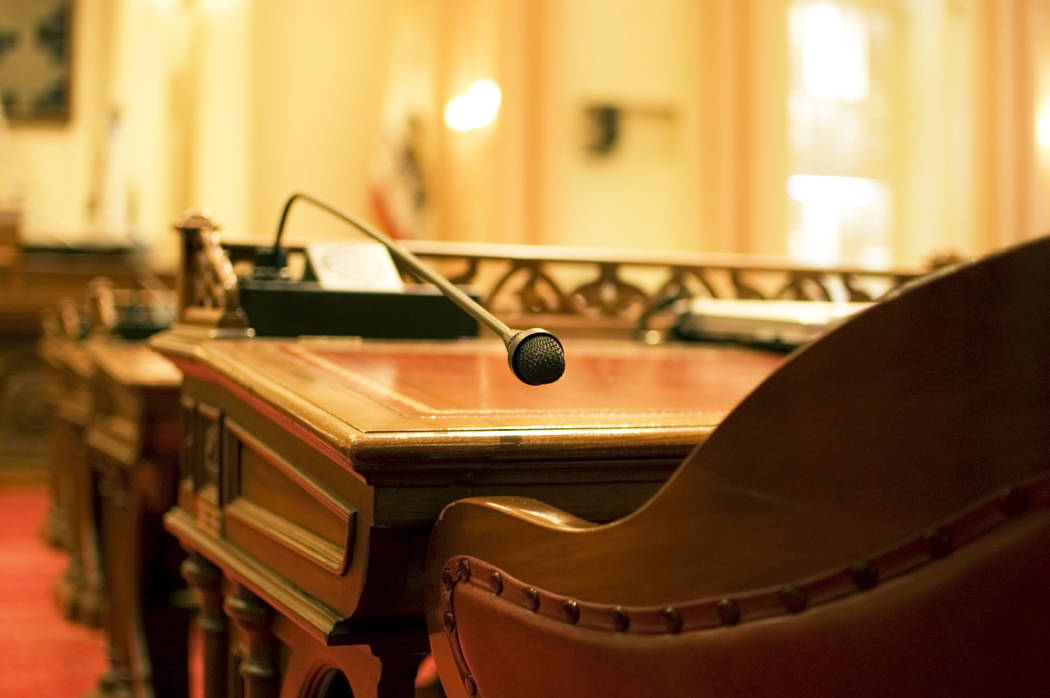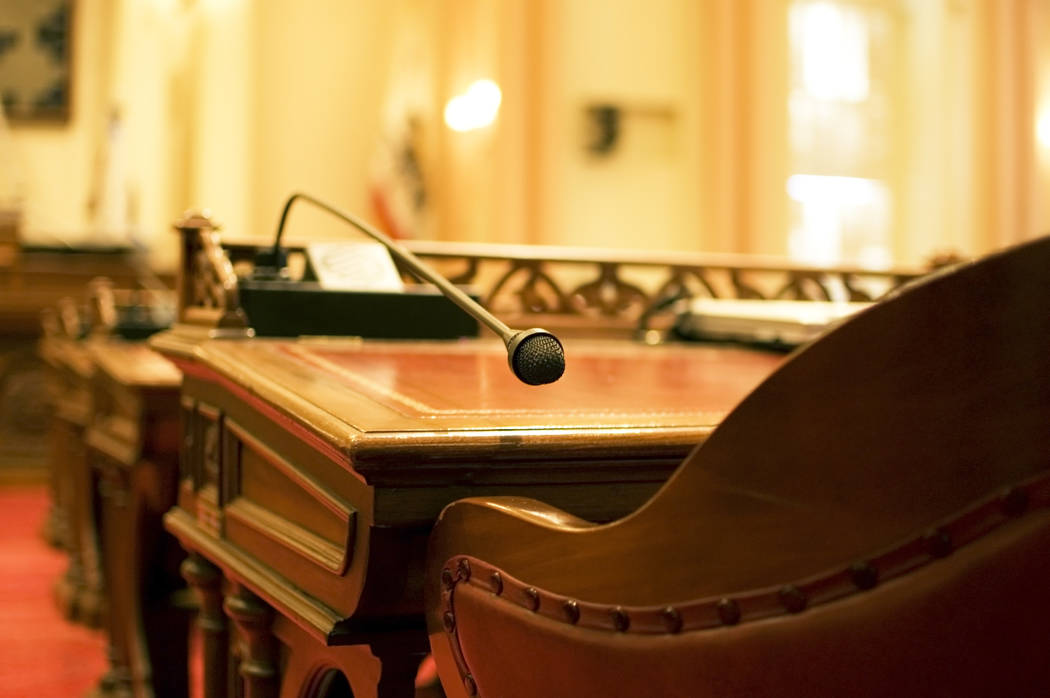Chase those congressmen back to D.C.
On Fox News last weekend, a new Republican U.S. House member, Mark Green, said this: “We’ve got to start socializing together. The polarization, the balkanization has taken us apart.”
Recently in this space, I mentioned that the U.S. Senate dining room was threatened with closure because business has fallen off so far, partly because there is now a stigma against members of one party being seen with members of the other party, so a lot of lunch business has disappeared.
I sometimes speak to high school classes. When I tell them of bipartisan partnerships like Robert Dole and George McGovern or Russ Feingold and John McCain, or tell them of major legislation that won passage with bipartisan leadership such as the Endangered Species Act or the Children’s Health Insurance Program (formerly known as the State Children’s Health Insurance Program), they cannot imagine it. But those days were different in Congress. Kentucky business economist Marty Solomon recently described it: “There was a tone of civility because legislators and their families lived in Washington D.C. in those days and mingled and socialized on weekends. They got to know each other as living, breathing human beings and saw members from the other party as people, not as they do today, as enemies.”
There are some who argue otherwise. At Huffington Post, Jason Linkins contends that the notion that “our lawmakers could accomplish much more together if they socialized more is a really pretty one, born from the belief that a relatively pleasant, mid-20th century period in which polarization declined was somehow normative.” He quotes another scholar who contends that past cooperation was “driven almost entirely by the issue of race, which created a bloc of conservative Southern Democrats who acted as a virtual third party.”
I would argue just the opposite, that normal cooperation was broken up by occasional periods of severe division, such as the racially charged 1920s that brought back the Klan. In any event, even the periods of sharp partisanship such as the New Deal cannot be compared with the harsh, mean-spirited divisions in Congress we experience now.
It’s not just the polarization that keeps members of Congress from socializing. A scientist – sociobiologist Rebecca Costa, writes that it’s also all those weekends back home that congressmembers spend away from their workplace: “The latest stats reveal that 78 percent of those elected to Congress now spend 40 out of 52 weekends a year at home. … which means time away from the nation’s capital, and business. The days when leaders bonded over children’s birthday parties, a weekend neighborhood barbecue, and working side by side into the night to pass legislation, are all long gone.”
Next time a member of Congress appears in Nevada, you might want to demand, “What are you doing back here?”
Dennis Myers is an award-winning journalist who has reported on Nevada’s capital, government and politics for several decades. He has also served as Nevada’s chief deputy secretary of state.













